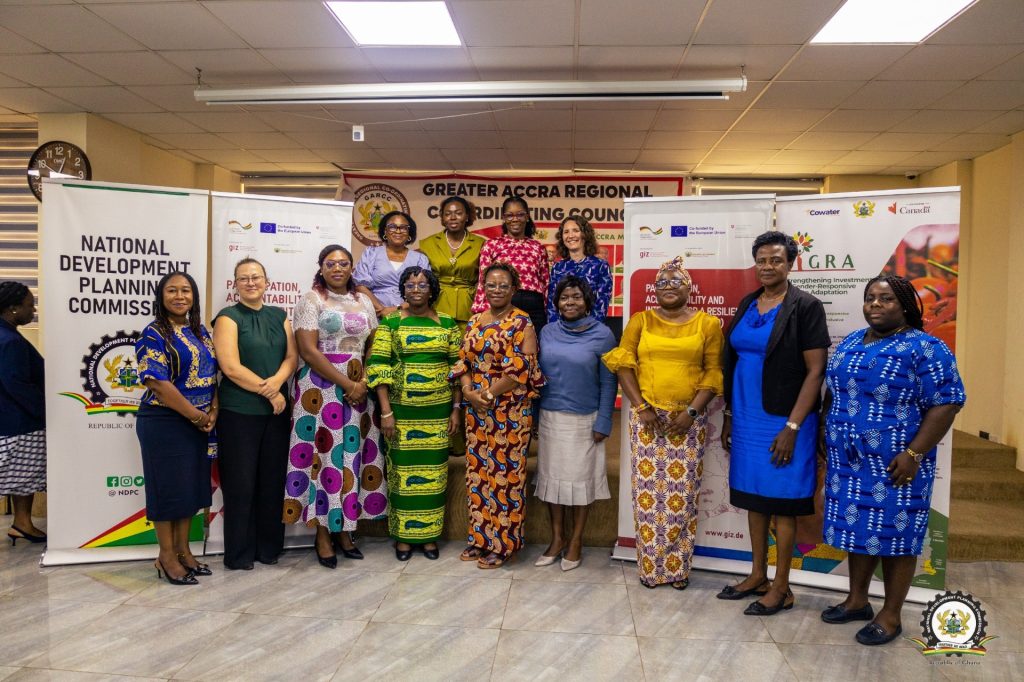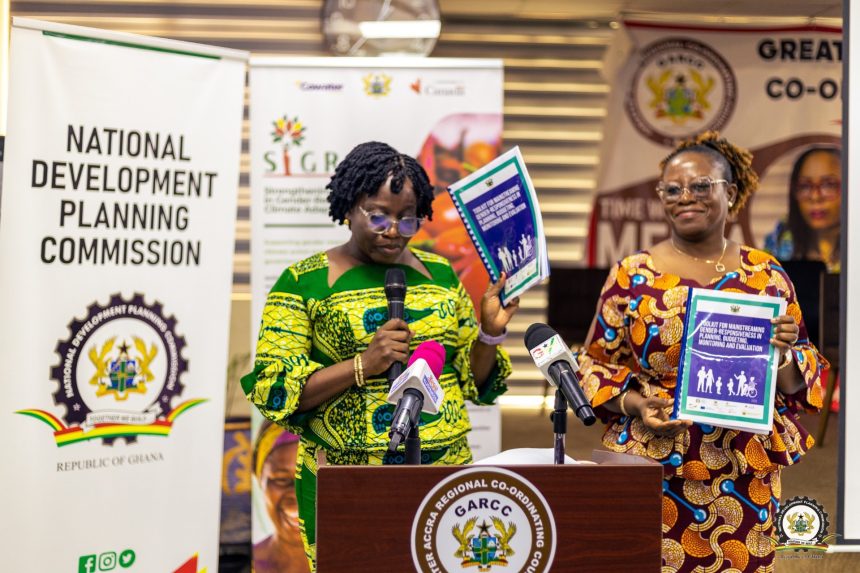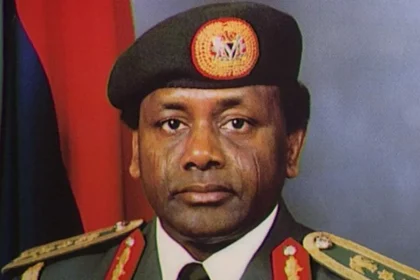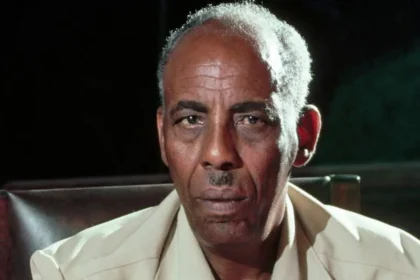Ghana has officially launched the revised Gender Toolkit to reinforce the integration of gender equality into Ghana’s sector and district medium-term development plans (2026–2029).
The initiative, led by the National Development Planning Commission (NDPC), provides clear guidance and practical tools to ensure that planning processes are inclusive, gender-responsive, and aligned with national development priorities.
It also serves as a key resource for promoting gender-responsive planning, addressing gender gaps and inequalities through more inclusive planning and budgeting.
This effort aims to reduce barriers to women’s access to economic resources and public participation, thereby building a foundation for poverty reduction, good governance, and sustainable development.
Dr. Audrey Smoke Amoah, the Director General of NDPC, speaking at the event, highlighted “the Gender Toolkit is a deliberate and practical operational manual, a compass designed to guide us in fulfilling our deepest national commitment to equity and justice, as enshrined in the 1992 Constitution of Ghana.
This process, gives us a fresh motivation, to commit to the conscious implementation of the Affirmative Action (Gender Equity) Act, 2024 (Act 1121), she added”
Ms Laetitia Erny, PAIReD Component Manager, said the Gender Toolkit represents an important step forward.
It brings gender perspectives into sharper focus, not as an add-on, but as an integral part of the planning, budgeting, monitoring, and evaluation processes, she added.
Ms Erny stated that by providing practical tools and clear guidance, it supports planning and budget officers, as well as gender desk officers, in applying a more inclusive lens to their work and addressing gender gaps and inequalities in the respective sectors and districts.
This, she added aligned with Ghana’s national development goals and international commitments, including the Sustainable Development Goals, saying “this Toolkit serves both as a technical guide and a catalyst, guiding us to think differently about how we plan for impact, equity, and sustainability.
The project is in collaboration with the Ministry of Gender, Children, and Social Protection, the Ministry of Finance (MoF), in partnership with the Participation, Accountability, and Integrity for a Resilient Democracy (PAIReD) programme.
It was commissioned by the German Federal Ministry for Economic Cooperation and Development (BMZ), co-financed by the European Union (EU) and the Swiss State Secretariat for Economic Affairs (SECO), and implemented by GIZ, and the Strengthening Investments in Gender-Responsive Climate Adaptation (SIGRA) project funded by Global Affairs Canada and implemented by Cowater International.

Representatives from the various institutions, as well as development partners, at the event emphasized the importance of integrating gender-related issues into medium-term development plans and budgets.
The event highlighted the collective commitment to ensuring that the needs of women, youth, persons with disabilities, and other vulnerable groups are effectively addressed in development efforts across the country.
Stakeholders, including Municipal District Assemblies as well as Metropolitan and Municipal District Assemblies, expressed their commitment to supporting building a more inclusive, responsive, and impactful planning environment for Ghana with emphasis on gender equality.
GNA






